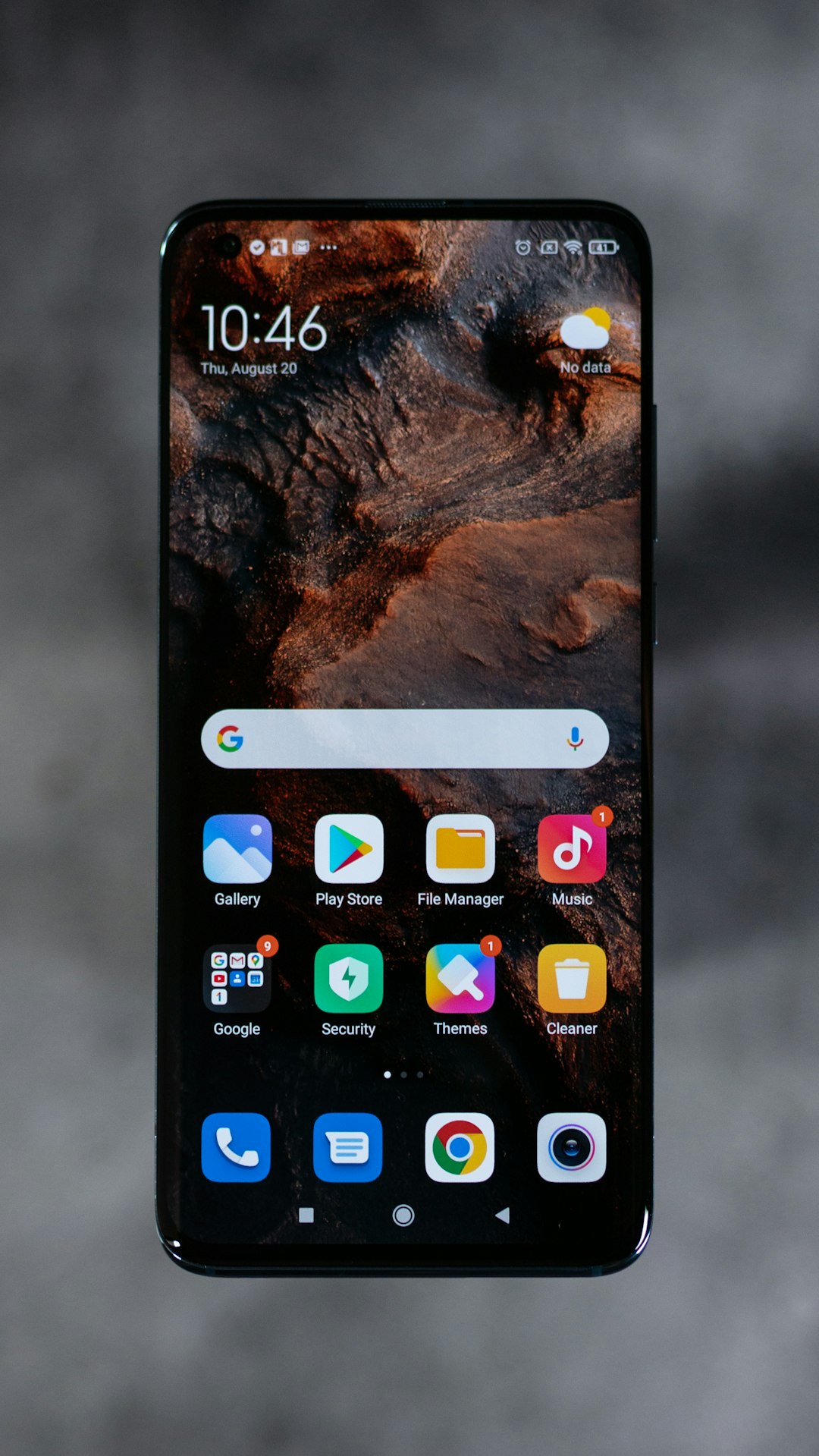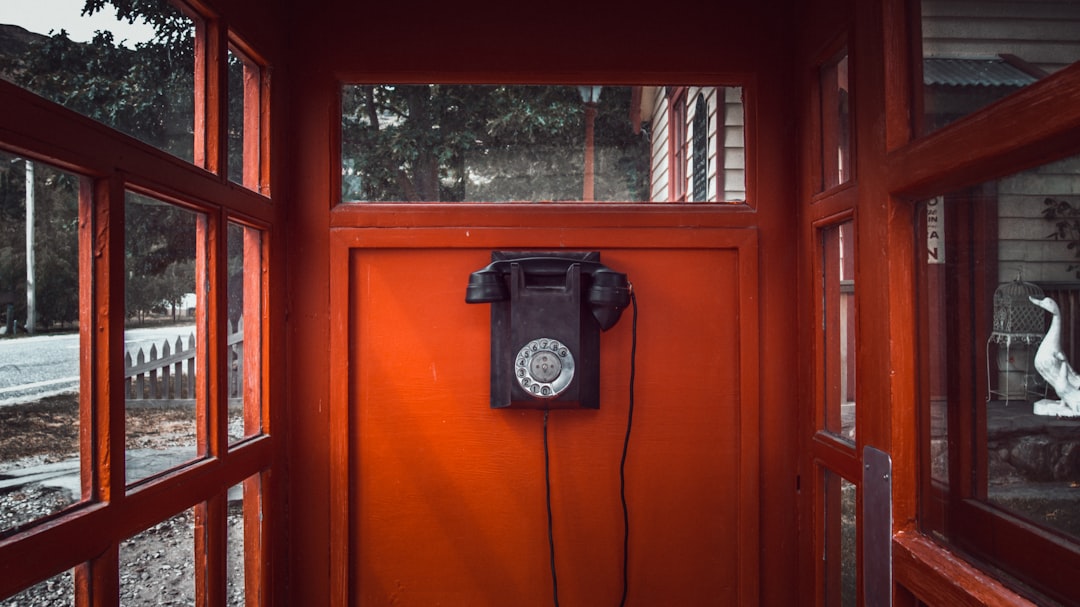Spoofed and fraudulent robocalls are prevalent in Alabama, but residents have legal protections and options. To combat this issue, report suspicious calls to the APSC, gather evidence, and consider consulting a telecom regulations lawyer. Understanding your rights under Alabama's telemarketing laws empowers you to take action against unwanted calls, including potential lawsuits for nuisance calls (Can I Sue For Robocalls Alabama?).
Tired of mysterious calls with fake numbers in Alabama? Understanding and reporting spoofed calls is crucial to protect yourself from unwanted harassment. This guide breaks down the process, from identifying robocalls and their origins to taking action through official channels.
Learn how to report these nuisance calls effectively and explore your legal options—including whether you can sue for robocalls in Alabama—to reclaim control over your communication.
Understanding Spoofed Calls and Robocalls in Alabama

Spoofed calls and robocalls are a common problem in Alabama, like many other states. A spoofed call occurs when a caller deliberately falsifies the information transmitted to your phone, often showing up as “Unknown” or “Private.” This practice is used by scammers to hide their identity and trick recipients into answering their calls. Robocalls, on the other hand, are automated phone calls typically promoting products, services, or political campaigns. While many robocalls are legitimate, some can be scams designed to collect personal information or sell unnecessary goods.
In Alabama, as in most places, there are laws in place to protect consumers from these unwanted calls, including restrictions on when and how robocalls and spoofed calls can be made. If you believe you’ve been a victim of fraudulent spoofed calls or excessive robocalls, you may have options for recourse. While suing for robocalls in Alabama is possible, it’s typically a last resort and requires evidence of harassment or financial loss. It’s recommended to first report these incidents to your local law enforcement and consumer protection agencies to help combat these issues at a broader level.
Reporting Spoofed Calls: The Step-by-Step Process

Reporting spoofed calls is an important step in combating this growing issue, especially considering the potential for legal action in Alabama. The process typically involves several key steps to ensure accurate and effective reporting.
First, identify the nature of the call – was it a prerecorded message (robocall) or a live caller pretending to be someone they’re not? Note down any details like the phone number, time and date of the call, and the specific content or purpose suspected of being fraudulent. Next, contact your state’s Public Utility Commission (PUC) or Consumer Protection Agency, which in Alabama is the Alabama Public Service Commission (APSC). They have dedicated departments to handle consumer complaints about spoofed calls and robocalls, providing a direct channel to report these incidents. Provide all relevant information, including any proof of the call if available, such as screenshots or call records. Finally, consider your legal options; Alabama law allows consumers to take action against nuisance calls, so consulting with a lawyer specializing in telecom regulations can help determine if you have grounds for a lawsuit regarding robocalls.
Legal Recourse: Can You Sue for Robocalls in Alabama?

In Alabama, as in many states, there are laws in place to protect residents from unwanted and fraudulent robocalls. While reporting spoofed calls to regulatory bodies is a crucial step, knowing your legal rights can offer an additional layer of protection. If you’ve been targeted by persistent or illegal robocallers, exploring legal recourse may be beneficial.
Regarding Can I Sue For Robocalls Alabama, the answer is yes, under certain circumstances. Alabama’s laws against telemarketing fraud and consumer protection regulations provide a framework for holding perpetrators accountable. If a call violates these laws, victims may have the right to take legal action, seeking damages and blocking future calls. Consulting with an attorney specializing in telecommunications law can help you understand your options and pursue justice.






